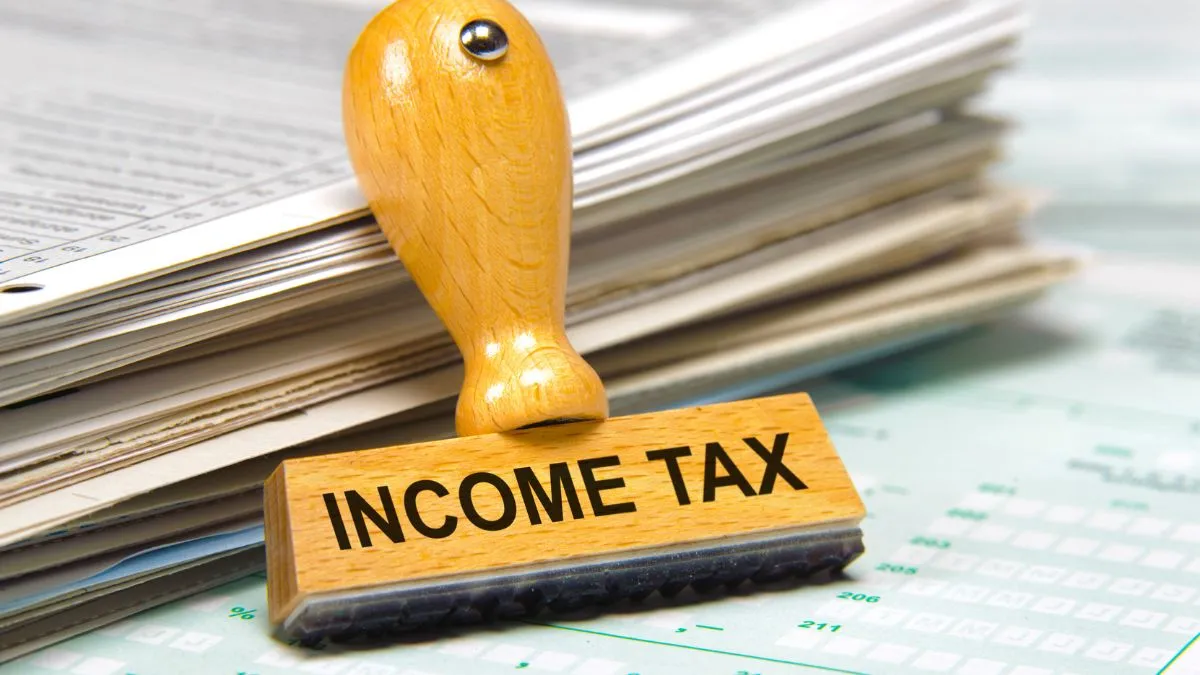- By Aditi Priya Singh
- Mon, 11 Aug 2025 06:03 PM (IST)
- Source:JND
Important Income Tax Terms: In India, income tax plays a significant role in the lives of all working people. Understanding income tax is essential for managing your finances and abiding by the law, regardless of whether you are a freelancer, business owner, or salaried employee. However, especially for newcomers, the terminology used in income tax forms and regulations can frequently seem unclear. Although terms like "capital gains," "exemptions," "TDS," and "rebates" may seem confusing, understanding their meanings can greatly simplify the tax filing process.
You can save time and make sure you are taking advantage of all the government-permitted deductions and benefits if you have a thorough understanding of these important terms. The Income Tax Act, 1961, governs income tax in India, and all citizens who earn more than a specific amount are required to file their taxes yearly.
30+ Key terms related to Income tax in India
This article defines 30+ key terms about income tax in India. These definitions will help you stay informed and confident throughout tax season, regardless of whether you are filing your return for the first time or simply want to brush up on your knowledge.
| No. | Term | Simple Meaning |
|---|---|---|
| 1 | Assessment Year (AY) | The year following the financial year in which income is assessed for tax. |
| 2 | Financial Year (FY) | The year in which you earn income (April 1 to March 31). |
| 3 | Previous Year | Another term for the financial year in which income is earned. |
| 4 | Taxpayer | Any person or entity liable to pay tax. |
| 5 | Gross Total Income | The total income before deductions. |
| 6 | Total Income | Income after claiming deductions under the Income Tax Act. |
| 7 | Tax Deducted at Source (TDS) | Tax is deducted from income at the time of payment. |
| 8 | Advance Tax | Tax paid in instalments before the financial year ends. |
| 9 | Self-Assessment Tax | Tax paid before filing the return, after considering TDS and advance tax. |
| 10 | Exemption | Income not included in total taxable income. |
| 11 | Deduction | Reduction from gross income for specific expenses or investments. |
| 12 | Rebate | Reduction in the total tax payable. |
| 13 | Relief | Tax benefit to avoid double taxation. |
| 14 | Return of Income (ITR) | Form filed to declare income and taxes paid. |
| 15 | Tax Audit | Examination of books of accounts to ensure compliance. |
| 16 | Capital Gains | Profit from the sale of capital assets. |
| 17 | Short-Term Capital Gains (STCG) | Gains from assets held for a short duration. |
| 18 | Long-Term Capital Gains (LTCG) | Gains from assets held for a longer duration. |
| 19 | House Property Income | Income from owning property. |
| 20 | Salary Income | Income earned from employment. |
| 21 | Business/Profession Income | Income from trade, business, or profession. |
| 22 | Income from Other Sources | Income not covered under other heads. |
| 23 | HRA (House Rent Allowance) | Allowance given to employees for rent expenses. |
| 24 | Standard Deduction | Fixed deduction available for salaried taxpayers. |
| 25 | Form 16 | Certificate of TDS issued by employers. |
| 26 | Form 26AS | Tax credit statement showing TDS, advance tax, and refunds. |
| 27 | PAN (Permanent Account Number) | Unique ID for tax purposes. |
| 28 | Aadhaar Linking | Linking Aadhaar with PAN for tax compliance. |
| 29 | Scrutiny Assessment | Detailed examination of an ITR by the tax department. |
| 30 | Rectification Request | Correction request for errors in an ITR. |
| 31 | Tax Refund | Excess tax paid, refunded by the department. |
| 32 | Due Date | Last date to file the ITR. |

